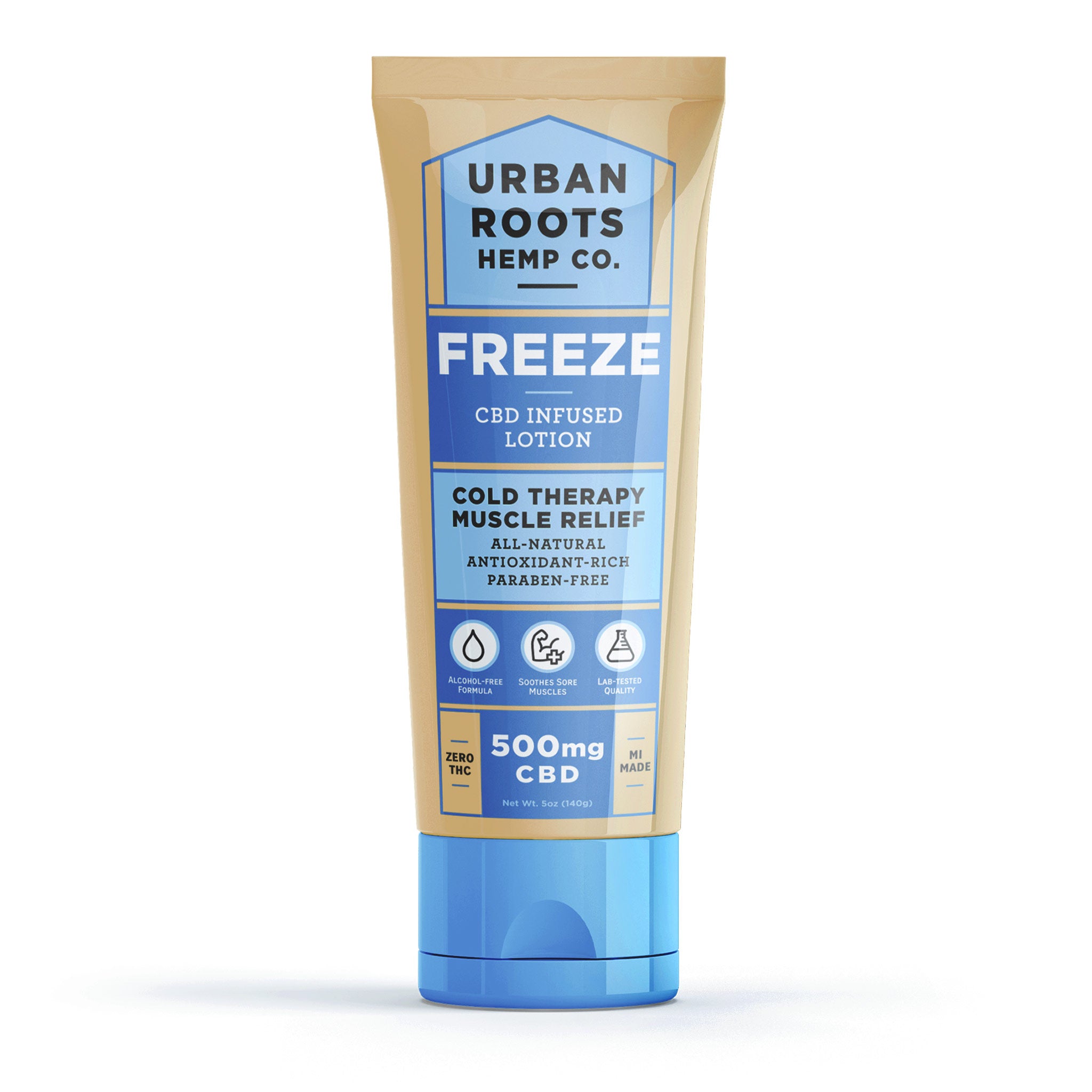Should You Use CBD Topicals for Arthritis?

Before we discuss the topic of this article, it is important to point out that CBD has not been approved by the FDA, and CBD products are not intended to diagnose, treat, cure, or prevent any disease.
Arthritis Is a Big Deal
With that said, one of the most exciting and widely used applications for CBD is in helping with chronic and arthritic pain. More and more people are reporting that CBD brings relief to their arthritis, and that they are either adding CBD to their daily regimen to reduce the number of opioids and prescription pain medication they take, or that they are replacing their usual pain meds entirely.
This is big news because arthritis affects a lot of people. According to arthritis.org, over 50 million Americans alone report being affected by this condition. This makes it the most common cause of physical disability in the country. There are two types of arthritis that are found in people:
- Rheumatoid arthritis (RA): An autoimmune disease in which a person's immune system attacks their joints, causing inflammation. RA commonly affects the hands and feet and leads to painful, swollen, and stiff joints.
- Osteoarthritis (OA): A degenerative disease that affects joint cartilage and bones, causing pain and stiffness. It often affects the hip, knee, and thumb joints.
CBD for Arthritis
Although, as of today, there is not enough evidence to say definitively that CBD can effectively treat arthritic pain, there have been several studies undertaken to help determine whether or not CBD might be a viable and effective treatment.
As we point out in another article of ours, Health Benefits of CBD, there have been numerous animal studies performed, such as this investigation published in the Journal of Experimental Medicine. Researchers in this study found that CBD consistently reduces inflammation in laboratory mice. A later study found that it has a similar pain-reducing effect in humans, without any apparent adverse side effects.
Additionally, a recent clinical trial undertaken by the pharmaceutical company Zynerba found that a CBD based topical drug provided pain relief to patients suffering from knee osteoarthritis. Daniel Clauw, MD, professor of anesthesiology at the University of Michigan and consulting doctor for this clinical trial, had this to say:
“I don’t think we have that many good drugs for pain, and we know that CBD has fewer side effects than opioids or even nonsteroidal anti-inflammatory drugs, which can cause bleeding and cardiovascular problems,” he says. “If I have an elderly patient with arthritis and a little bit of CBD can make their knees feel better, I’d prefer they take that than some other drugs.”
CBD Oil vs CBD Topicals for Arthritis
As CBD becomes more and more popular for people suffering from arthritis, we’ve gotten questions from many of our customers asking whether CBD oil or CBD topicals are the better route to go. Another question we often get is whether patients should only use topicals, or if they should consume CBD oil orally as well.
The simple answer to these questions is that both of these modes of consumption can be useful for skin and joint related health issues. In essence, the reason why CBD in either form has any effect on the body at all is due to the Endocannabinoid System (ECS).
The ECS is a biological system that helps us to regulate bodily functions like sleep, mood, appetite, immune response, and – you guessed it – pain. Essentially, the ECS helps maintain internal homeostasis by keeping our bodies in balance through a system of neurotransmitters and cannabinoid receptors found throughout our bodies.
Those receptors are heavily concentrated within the central and peripheral nervous systems, including in the brain and in the spinal cord. Important for CBD topicals, however, is that these cannabinoid receptors are also found in nearly every part of the skin. Therefore, when you apply a topical directly to your skin, the CBD is able to tap into the endocannabinoid system, producing the desired effects without entering your bloodstream.
What this Means for You
CBD topicals have been reported to be effective in treating localized joint pain and inflammation. This is thought to be because the CBD stimulates changes within the endocannabinoid system through the receptors located at the point of the pain.
However, arthritis and many other skin and joint related aches and pains are caused by inflammation. And due to the fact that inflammation is an immune response, the root cause of the pain is not localized. In other words, consuming CBD orally gets it into your bloodstream where it can bind to the CBD receptors found in your nervous and immune systems. This allows the CBD to get to the core root of the pain caused by inflammation.
This entire article is basically a long-winded way of saying two things. First, that CBD might be a possible treatment for your arthritis. Second, that CBD topicals are excellent for localized relief, while consuming CBD orally goes after the immune system response that triggers the inflammation and related pain in the first place.
In other words, it’s best that CBD be consumed both orally and topically in order to produce the most relief from arthritic pain.
If you are interested in giving CBD topicals or other consumption methods a try, check out our product pages.











